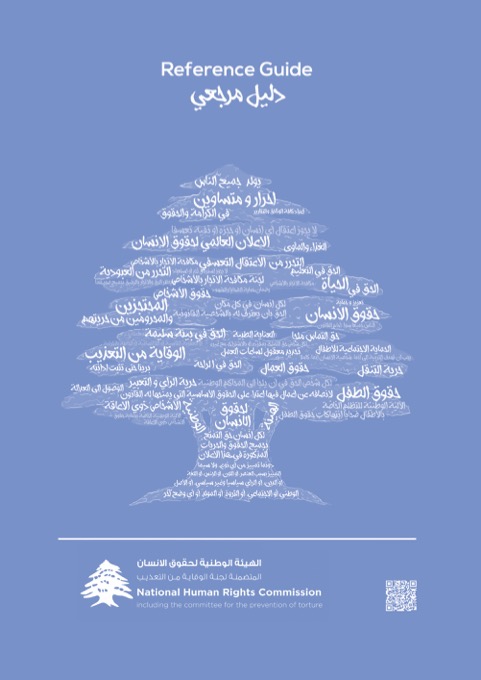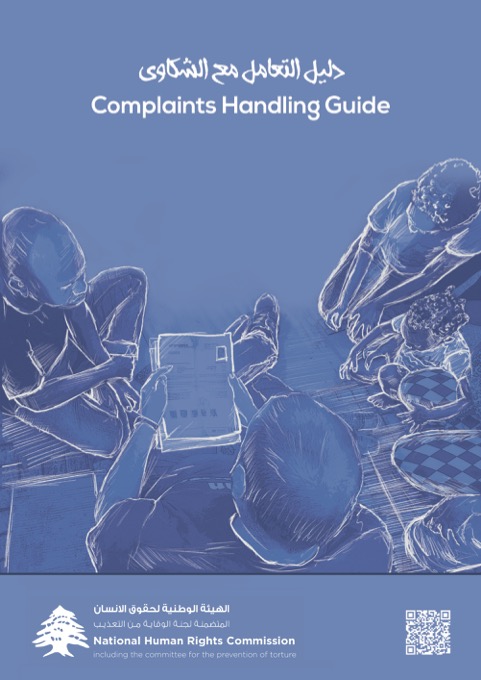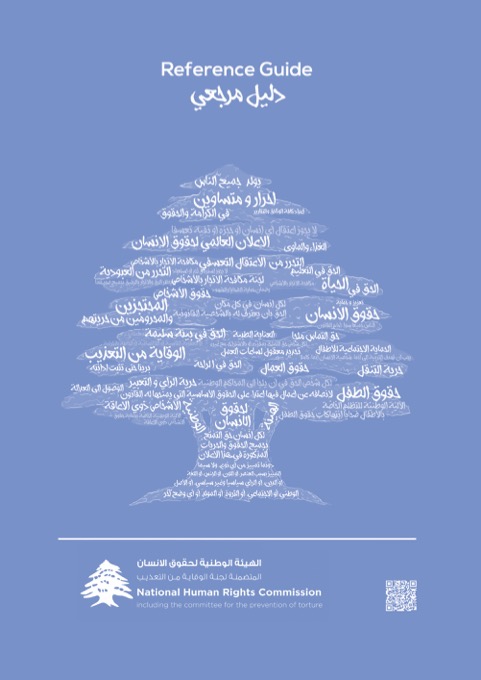هذه المقالة متاحة أيضًا بـ: العربية (Arabic)
Prepared by:Bassam Alkantar
ISBN: 978-9953-0-5686-9
First Edition: 2022
Law No. 62 on the Establishment of the National Human Rights Commission, including the Committee for the Prevention of Torture (NHRC-CPT), was ratified on October 27, 2016, based on the Paris Principles, which govern the mechanisms of establishing and running NHRCs. It followed several recommendations from the United Nations Human Rights Council (UNHRC) and international treaty bodies to establish Lebanon’s NHRI.
NHRIs have a broad mandate, pluralism in membership, broad functions, adequate powers, adequate resources, cooperative methods, and engagement with international bodies. Full compliance with the Paris Principles provides NHRIs with international recognition.
Although funded by the state, NHRIs are independent. They are not considered Non-Governmental Organizations (NGOs), but serve as a “bridge” between civil societies and governments. They go by various names, depending on the country. For example, they may be called a commission, a committee, a human rights council, an ombudsman, a public defense, conciliation, or the defense of the people’s interests.
Lebanon acceded to the Optional Protocol to the Convention against Torture and Other Cruel, Inhuman or Degrading Treatment or Punishment (CAT) under Law No. 12 of September 5, 2008. Based on CAT Article 17, the state committed itself to creating an independent national mechanism to prevent torture by establishing the National Human Rights Commission, including the Committee for the Prevention of Torture.
Some rights reserved (CC) The National Human Rights Commission, including the Committee for the Prevention of Torture – Lebanon (NHRC-CPT) 2022
This work is made available under the Creative Commons Attribution-NonCommercial-NoDerivatives 4.0 International (CC BY-NC-ND 4.0). No part of this publication may be reproduced, stored in a retrieval system, or transmitted in any form or by any means, electronic, mechanical, photocopying, recording or otherwise, for commercial purposes, without the prior written permission of the publisher.
Permissions: Requests for commercial use or further rights and licensing should be submitted to media@nhrclb.org
With the support of the project Promoting Community Policing in Lebanon, funded by the European Union and implemented by the International and Ibero-American Foundation for Administration and Public Policies – FIIAPP and CIVIPOL




